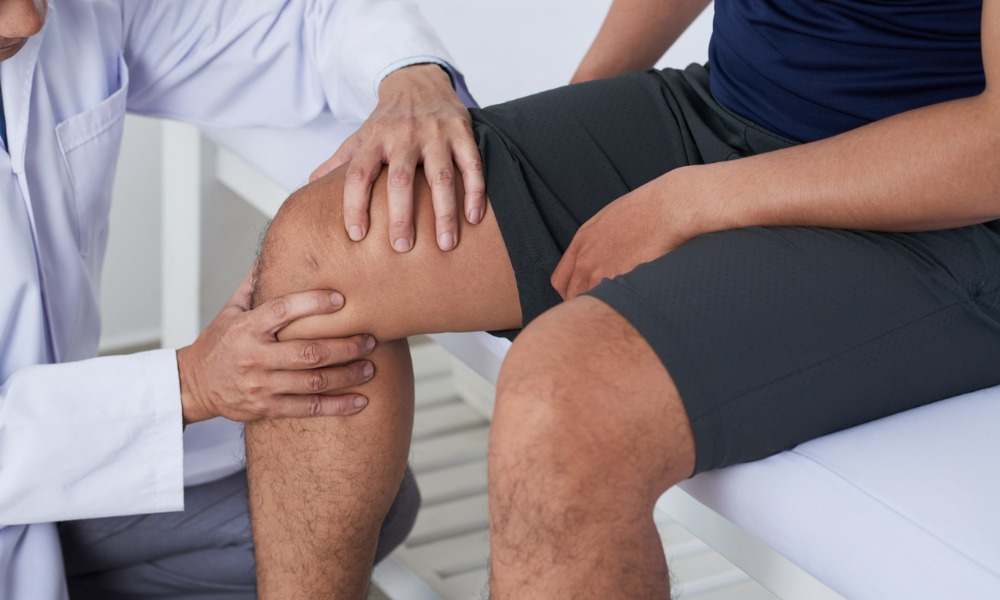
California judge finds worker sustained several injuries while employed by Raley's Fine Foods

One factor to determine whether an employee’s injury is catastrophic is the “ultimate outcome” when their physical injury has become permanent and stationary, the panel of the Workers’ Compensation Appeals Board of California has said.
In Perez vs. Raley’s Fine Foods, the applicant worked as a night crew manager for Raley’s Fine Foods until August 2014. Last May, a workers’ compensation administrative law judge issued an order finding that the applicant:
The applicant asked for a reconsideration of this order. He argued that the judge made errors by finding that there was no catastrophic injury under section 4660.1(c)(2)(B) and by failing to order an evaluation by a psychiatric qualified evaluator panel.
Read more: Workers' compensation claim granted reconsideration
The panel of the Workers’ Compensation Appeals Board of California ruled in the applicant’s favor and granted reconsideration. The order of the workers’ compensation administrative law judge should be amended to do the following: first, to show that the applicant could have a psychiatric qualified medical evaluation; and second, to defer the issue of whether the applicant suffered a catastrophic injury under section 4660.1(c)(2)(B).
First, the applicant was entitled to a psychiatric panel qualified evaluation, the appeals board’s panel held. A psychiatric panel could have the following benefits:
The requested information was not privileged, was relevant to the subject matter of the case, and could reasonably lead to the discovery of admissible evidence, the appeals board’s panel noted.
Second, the appeals board’s panel deferred the issue of whether the injury was catastrophic until the applicant’s permanent disability was ready for determination. It was premature to rule upon the issue of catastrophic injury since the issue of permanent disability has been deferred and since the injury’s ultimate outcome has yet to be decided, the appeals board’s panel said.